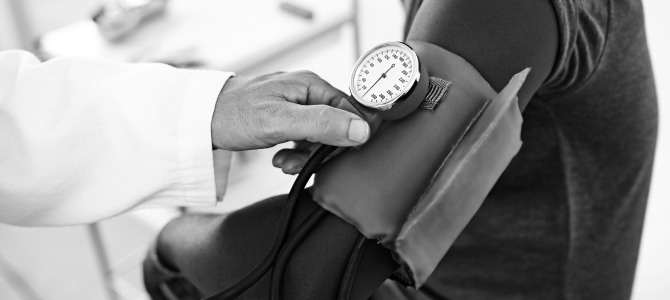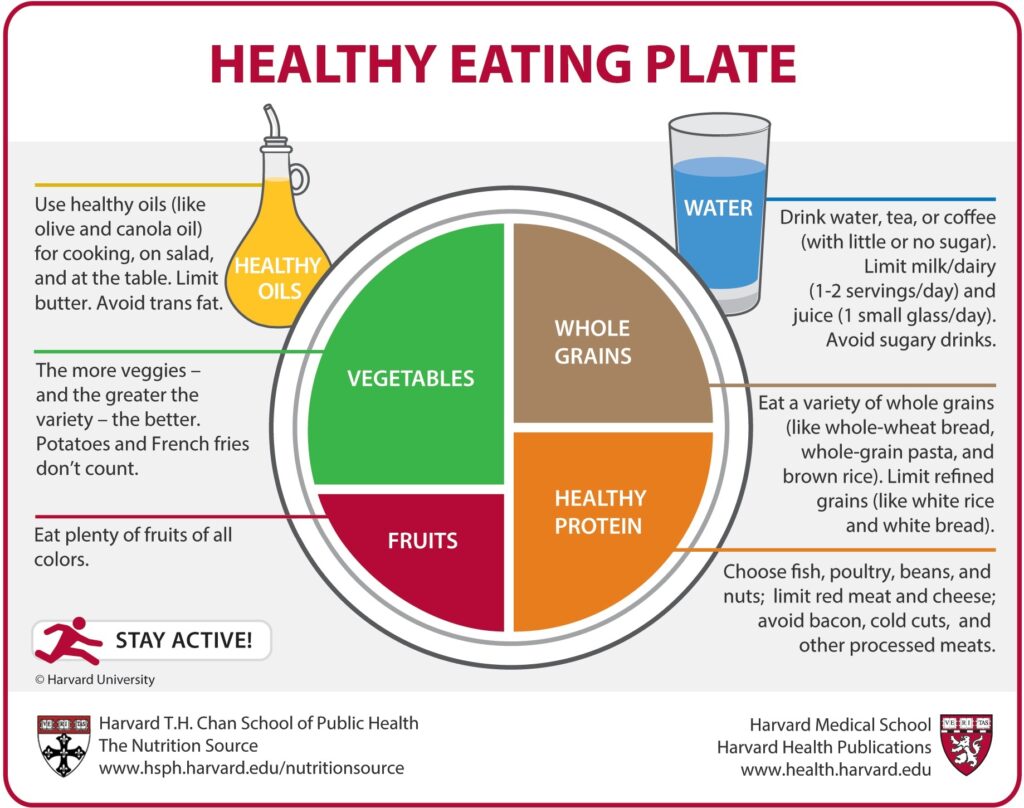High blood pressure, also known as hypertension, is a serious health condition that affects millions of Nigerians. It occurs when the force of blood pushing against your artery walls is consistently too high.
This constant pressure can damage your arteries and lead to a variety of health complications, including heart disease, stroke, kidney failure, and even vision problems.
Here’s a comprehensive guide to understanding hypertension, its impact on Nigerians, and how to manage it effectively.
What is High Blood Pressure?

Blood pressure is measured in two numbers: systolic pressure (the top number) and diastolic pressure (the bottom number). Systolic pressure represents the pressure when your pumps out blood, while diastolic pressure reflects the pressure when your heart is being filled with blood.
According to the recent guidelines from the American College of Cardiology and the American Heart Association, normal blood pressure is less than 120/80 mmHg. Elevated blood pressure falls between 120/80 mmHg and 129/80 mmHg. Hypertension is diagnosed when your blood pressure is above 130/85 mmHg on two different occasions greater than or equals to 6 hours apart.
Symptoms of High Blood Pressure
Hypertension is often called the “silent killer” because it rarely causes any noticeable symptoms in its early stages. However, some people with high blood pressure may experience:
● Severe headaches
● Difficulty breathing
● Nosebleeds
● Chest pain
● Dizziness
● Changes in vision
When to See a Doctor
It’s crucial to get your blood pressure checked regularly, even if you don’t experience any symptoms. Early detection and management of hypertension are essential for preventing serious health complications.
Here are some situations when you should schedule a doctor’s appointment immediately:
● Your blood pressure reading is above 180/110 mmHg. This is considered a hypertensive crisis and requires immediate medical attention.
● You experience any of the symptoms mentioned above along with high blood pressure readings.
● You are pregnant and have high blood pressure.
Causes of High Blood Pressure
There are two main categories of high blood pressure:
● Primary (Essential) Hypertension: This is the most common type, accounting for about 90% of all cases. The exact cause of primary hypertension is unknown, but it’s believed to be a combination of genetic and lifestyle factors.
● Secondary Hypertension: This type is caused by an underlying medical condition, such as kidney disease, narrowed arteries, or hormonal imbalances.
Risk Factors for High Blood Pressure in Nigerians
Nigerians are particularly at risk for developing high blood pressure due to several factors:
1. Genetics: Studies have shown a higher prevalence of hypertension among Nigerians compared to other populations. This suggests a possible genetic predisposition.
2. Diet: A diet high in salt (sodium) and low in fruits, vegetables, and whole grains is a significant risk factor for hypertension. The common Nigerian diet now often includes high-sodium ingredients like bouillon cubes, sausages, shrimp and noodles.
3. Weight: Being overweight or obese is a major risk factor for high blood pressure.
4. Physical Inactivity: Lack of regular exercise can contribute to high blood pressure.
5. Smoking: Smoking damages blood vessels and increases the risk of hypertension.
6. Alcohol Consumption: Excessive alcohol intake can raise blood pressure.
7. Stress: Chronic stress can contribute to high blood pressure.
8. Age: The risk of high blood pressure increases with age.
9. Socioeconomic Status: Low socioeconomic status is associated with a higher risk of hypertension due to factors like limited access to healthy foods, healthcare, and stress.
Complications of High Blood Pressure
Left untreated, high blood pressure can lead to a variety of serious health problems:
● Heart Disease: Hypertension is a major risk factor for coronary artery disease, heart attack, and heart failure.
● Stroke: High blood pressure can damage the arteries that supply blood to the brain, increasing the risk of stroke.
● Kidney Disease: Hypertension can damage the kidneys, which can eventually lead to kidney failure.
● Vision Problems: High blood pressure can damage the blood vessels in the eyes, leading to vision loss or blindness.
● Sexual Dysfunction: Both men and women with high blood pressure may experience sexual problems.
● Cognitive Decline: Hypertension may increase the risk of dementia and other cognitive problems.
Living With High Blood Pressure
1. Watch your diet

Consider incorporating indigenous Nigerian ingredients that are naturally low in sodium and high in potassium, a mineral that helps regulate blood pressure. Examples include vegetables like spinach, okra, and pumpkin leaves, fruits like bananas and oranges, and whole grains like brown rice and millet.
2. Weight Management
If you’re overweight or obese, losing even a small amount of weight can significantly reduce your blood pressure. Aim for gradual weight loss through healthy eating and regular exercise.
3. Physical Activity
Engage in regular physical activity for at least 30 minutes daily 5 times in a week. Exercise helps lower blood pressure by improving blood flow and reducing stress. Aim for activities you enjoy, such as brisk walking, swimming, or dancing.
4. Smoking Cessation
If you smoke, quitting is one of the most important things you can do for your heart health. Smoking damages blood vessels and increases your risk of heart disease, stroke, and other complications of hypertension. There are various resources available in Nigeria to help you quit smoking, including counselling and medication.
5. Alcohol Moderation
Excessive alcohol intake can raise blood pressure. The World health Organization (WHO) recently published a statement in the Lancet Public Health that “When it comes to alcohol consumption, there is no safe amount that does not affect health”. Try stopping or cutting down your alcohol consumption.
6. Stress Management
Chronic stress can contribute to high blood pressure. Find healthy ways to manage stress, such as relaxation techniques like deep breathing or meditation. Social support from family and friends is also crucial in managing stress.
7. Medication
If lifestyle changes are not enough to control your blood pressure, your doctor may prescribe medication. There are different types of medications available to treat hypertension, and your doctor will choose the best one for you based on your individual needs. It’s crucial to adhere to your medication regimen as prescribed by your doctor.
8. Regular Checkups
Schedule regular checkups with your doctor to monitor your blood pressure and adjust your treatment plan as needed. Early detection and management of hypertension are essential for preventing serious health complications.
Conclusion
High blood pressure is a serious health concern for Nigerians, but it’s a manageable condition with proper lifestyle modifications, medication adherence, and consistent medical care.
Consider partnering with CareValue Health to develop a personalised management plan and access the resources and support you need to live a long and healthy life despite hypertension.
Remember, early detection and proactive management are key to preventing complication





